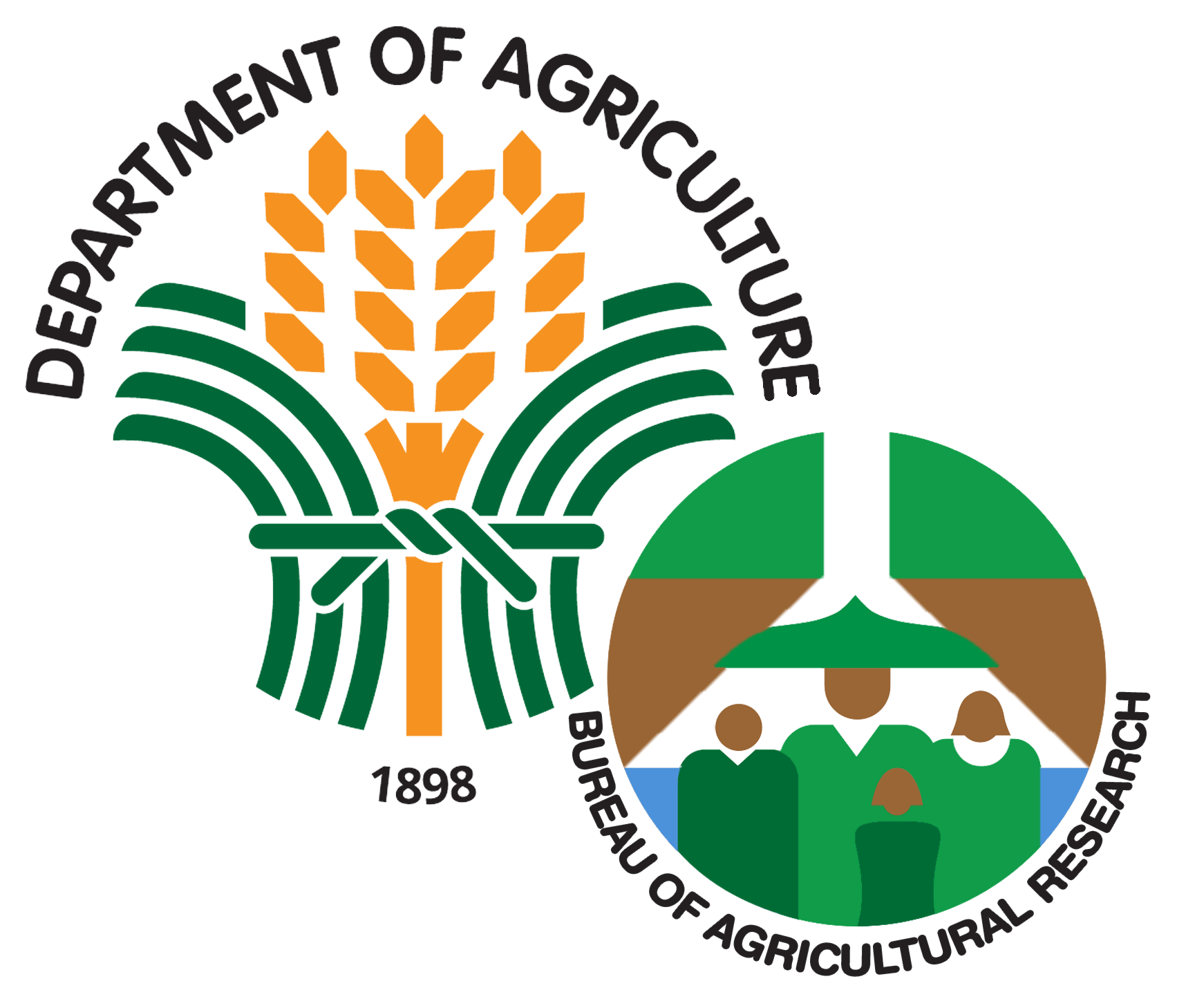Results of beekeeping projects in Lanao del Norte and Mindoro were shared during the monthly free seminar of the Department of Agriculture-Bureau of Agricultural Research on 30 June 2021 via video conferencing.
The community-based beekeeping enterprises were made possible through packages of technology on sustainable rearing of stingless bee species.
Dr. Cleofas Cervancia, resource speaker and bee scientist of the University of the Philippines Los Baños, highlighted that beekeeping contributes to the achievement of all the 17 Sustainable Development Goals.
Stingless bees (Tetragonula biroi) were used in the projects citing the following reasons: native to Asia, can easily be propagated, have rich genetic pool, considered sustainable, and good pollinators of native plants.
The setting up of a beekeeping enterprise starts with the usual site validation and selection, training, and monitoring.
Firstly, colonies should be installed after careful consideration of existing regulations on the movement of biological materials. Unless records state previous presence in the area, species cannot be introduced.
Then, bee plants such as Cuphea, Turnera zinnia, marigold, yellow bus, cadena de amor, cosmos, Gomphrena, and aratiles should be prepared and grown. Training on bee product processing should also be undertaken. Afterwards, pollinators were sampled and identified for profiling.
Some of the products the communities were able to produce and market are honey, pollen, and propolis.
In an initial colony of 1,000 bees, 750 grams of honey per colony can be harvested which can be sold at PhP 2,000 per kilo; 1.5 kilos of pollen at PhP 500 per kilo; and 250 grams of propolis at PhP 500 per kilo.
In addition, value-added products are also being produced such as line of soaps and other cosmetic products like lip balm, ointment, and cream.
Beekeeping enterprise is deemed profitable as propolis is highly valued and recognized in apitherapy.
At present, the project is eyeing commercialization and further boosting of enterprise development upon receiving funds from the Agriculture Competitiveness and Enhancement Fund in December 2019.
Almost 300 individuals participated in the said seminar while, the video has garnered over 3,000 views from people around the world through the bureau’s official Facebook page.


